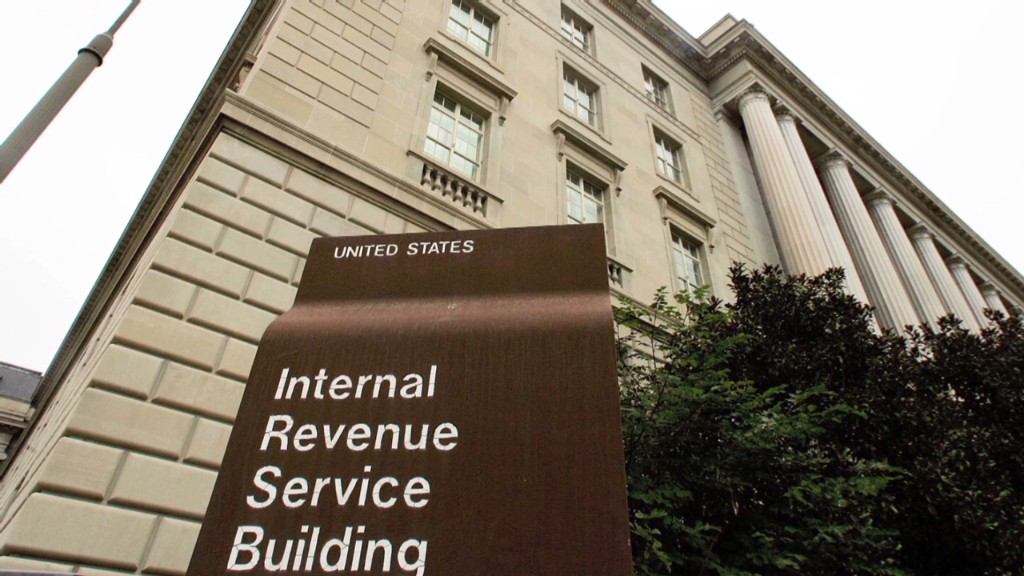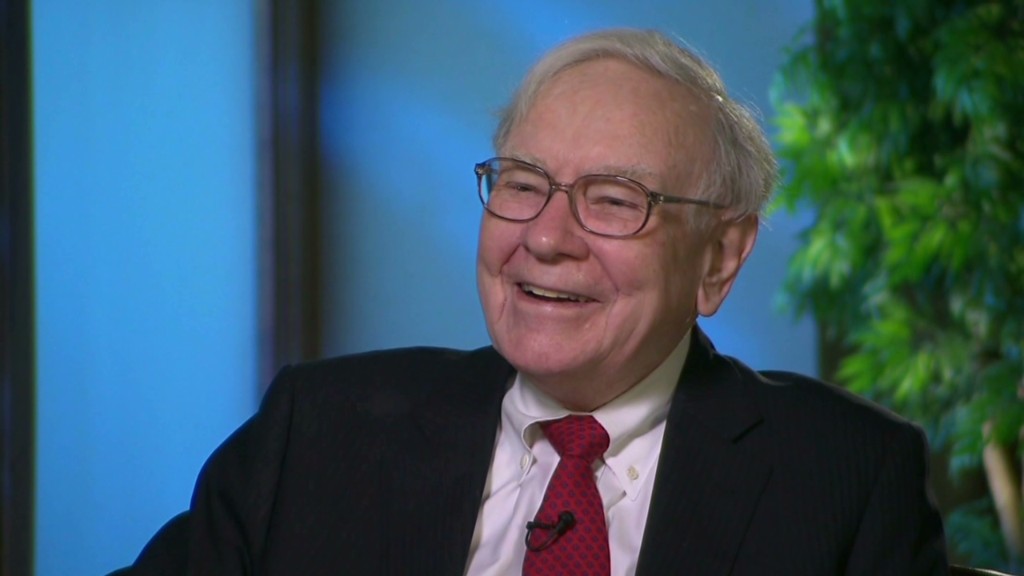
Warren Buffett is again arguing for higher taxes on himself and other high-income individuals, calling for an even steeper bite than in the Obama administration's "Buffett Rule."
In an op-ed column in Monday's New York Times, Buffett advocates that taxable income of between $1 million and $10 million should be taxed at a minimum 30% rate, and that income above $10 million should be taxed at 35%.
"A plain and simple rule like that will block the efforts of lobbyists, lawyers and contribution-hungry legislators to keep the ultrarich paying rates well below those incurred by people with income just a tiny fraction of ours," Buffett writes. "Only a minimum tax on very high incomes will prevent the stated tax rate from being eviscerated by these warriors for the wealthy."
President Obama, in arguing for a millionaire's tax that is commonly called the Buffett rule, is seeking a minimum 30% rate on income above $1 million.
While the top marginal tax rate is higher than 30%, many wealthy taxpayers pay less because their income comes from sources such as capital gains or carried interest, which have a lower tax rate.
Related: The wit and wisdom of Warren Buffett
Buffett said he also agrees with President Obama's call for allowing the Bush tax cuts to expire for high-income taxpayers, although he would set the cut-off at $500,000 a year, rather than the $250,000 threshold advocated by the president.

And Buffett said he doubts that raising taxes on the wealthy would do anything to slow needed investment and job creation. He cites much higher rates on capital gains and top wage earners that were in effect in the past.
"Never did anyone mention taxes as a reason to forgo an investment opportunity that I offered," he wrote. "So let's forget about the rich and ultrarich going on strike and stuffing their ample funds under their mattresses if — gasp — capital gains rates and ordinary income rates are increased. The ultrarich, including me, will forever pursue investment opportunities."
Related: The Buffett rule quiz
Buffett's column appeared as Congress returns from a holiday recess to resume negotiations on tax rates and federal spending, an effort to avoid the so-called "fiscal cliff" that will occur if there's not an agreement. Republican leadership has expressed a willingness to limit deductions for top wage earners, but they remain opposed to raising their tax rates.
Some have suggested comprehensive tax reform, which eliminates many deductions across the board and simplifies the tax code, would be the best policy for the economy. Buffett writes he supports such tax reform, but that he believes higher tax rates on the wealthy should be an interim step.
"The reform of such complexities should not promote delay in our correcting simple and expensive inequities," he wrote in the Times. "We can't let those who want to protect the privileged get away with insisting that we do nothing until we can do everything."


